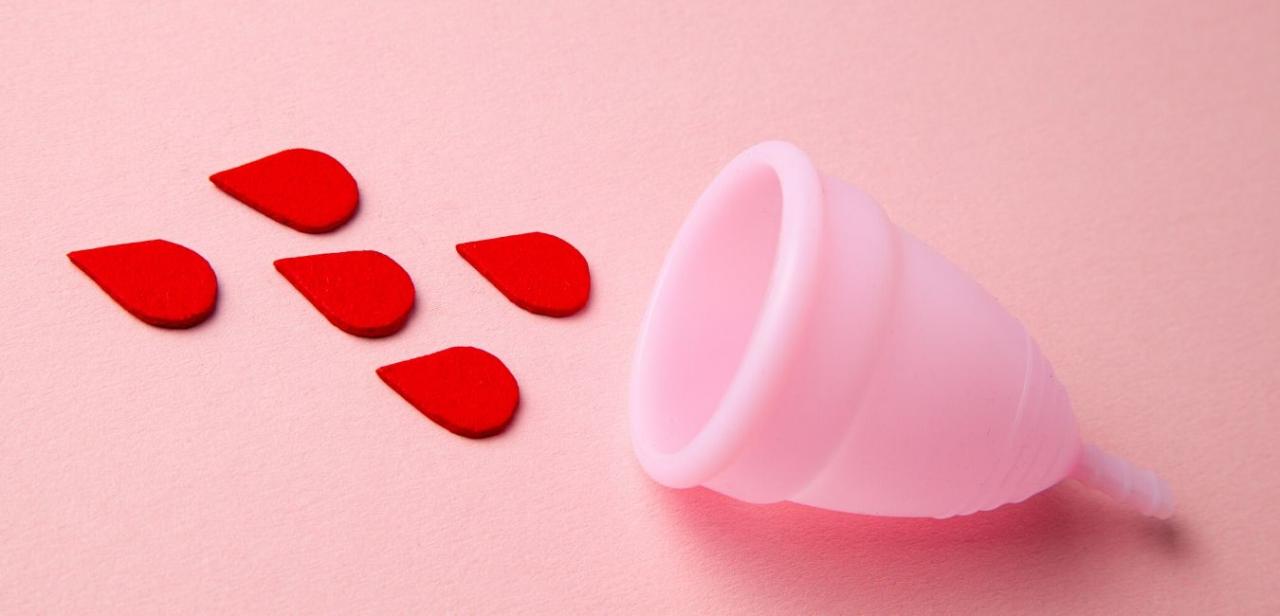Don’t you just hate spotting or worse, particularly when it’s not your time of the month? What’s up with irregular periods?
A regular period is supposed to happen every 24-29 days. Irregular menstrual bleeding takes many forms and varies from woman to woman. 23–35 day cycles are very common. Some women get their periods only one to four times a year. Others have periods two to three times in a month with spotting or extremely heavy flow.
Girls may not have regular periods at the beginning. It's normal, especially in the first two years after starting menstruation, to have an irregular cycle. It may take several years for the hormones to reach a balance.
Menstrual periods can also be irregular at the other end of the menstrual years. Many women approaching perimenopause and menopause notice their otherwise regular periods become irregular. This can be due to an imbalance of hormones upsetting their cycle.
Gynecologists typically agree most irregular periods are benign. They’re usually caused by some sort of hormonal imbalance. Monthly periods are susceptible to highs and lows in our emotions and health. Simple things like illness or travel can bring on irregular cycles.
Pregnancy is the most common cause of a missed period. Anorexic or bulimic women or endurance athletes can find their menstrual cycles lessened or stopped due to a decrease in body fat. These women have low estrogen and aren’t ovulating.
Stress – this includes drug use and reliance on caffeine and alcohol – can lead to irregular periods. Medications, such as birth control, may cause lighter, less frequent, more frequent, skipped periods or no periods at all. Other causes can be recent childbirth, miscarriage, a D&C and even breast-feeding.
Women with polycystic ovarian syndrome (PCOS) usually don’t ovulate regularly. With PCOS, high levels of estrogen are generated but no eggs are released. The excessive estrogen stimulates the uterine lining to thicken to a point where it must be released. However women with this condition aren’t having what are considered “real” menstrual periods since they’re not regularly ovulating.
Another cause may be your thyroid. When thyroid hormones are off balance, a wide range of symptoms can result, including irregular periods.
If you've skipped a period or are spotting, try to relax. Many women experience irregular periods now and then. Unless you’re pregnant, chances are good your cycle will return to normal next month. If it doesn’t, talk to your health care practitioner to get back on track.
Stacy Lloyd is a writer and video producer in Phoenix, Arizona. A former television news journalist, she covered stories around the world. Currently, she produces corporate and non-profit videos and broadcast programming.





Add a CommentComments
There are no comments yet. Be the first one and get the conversation started!